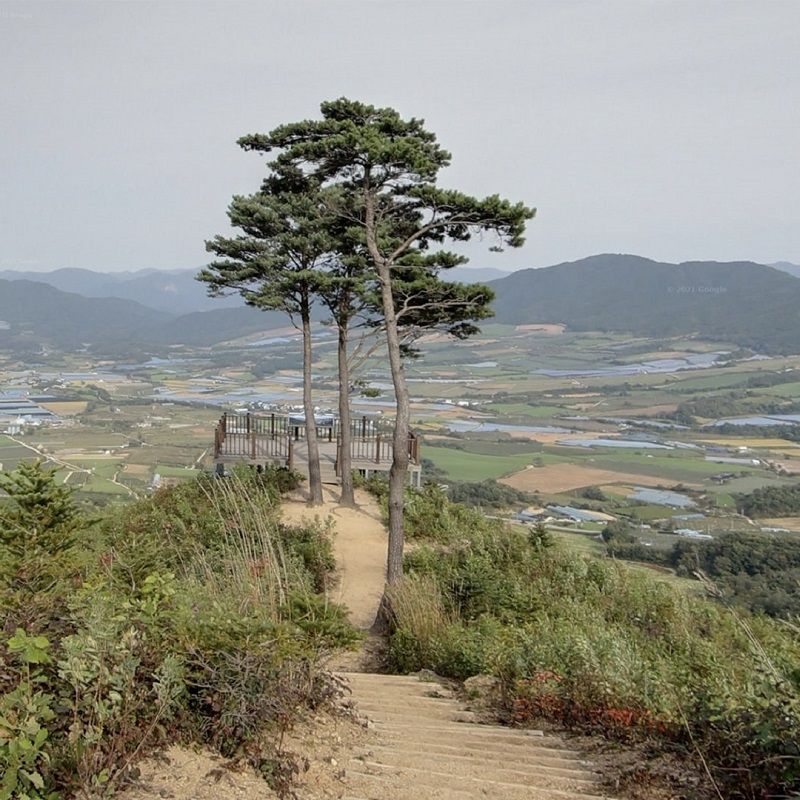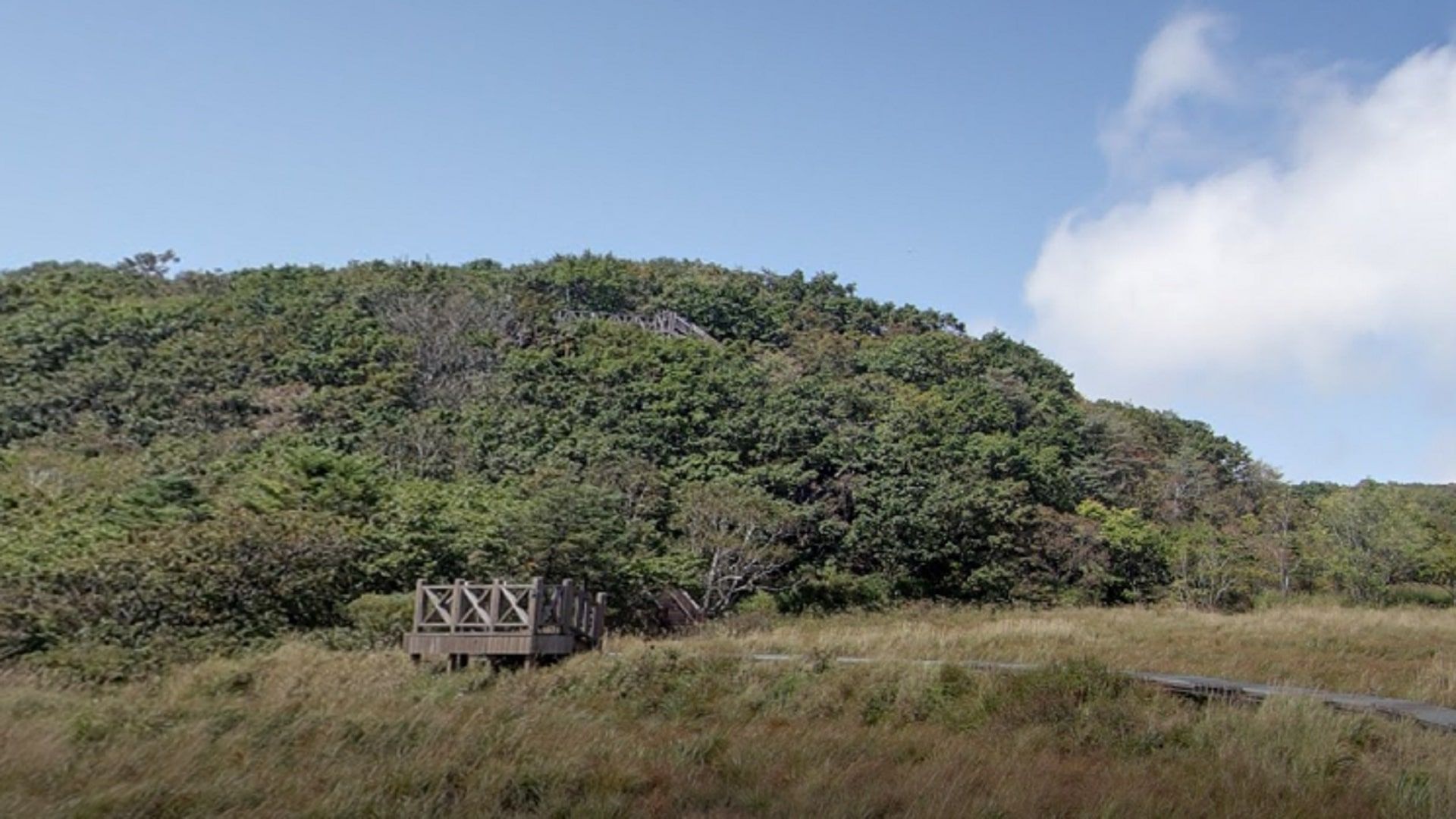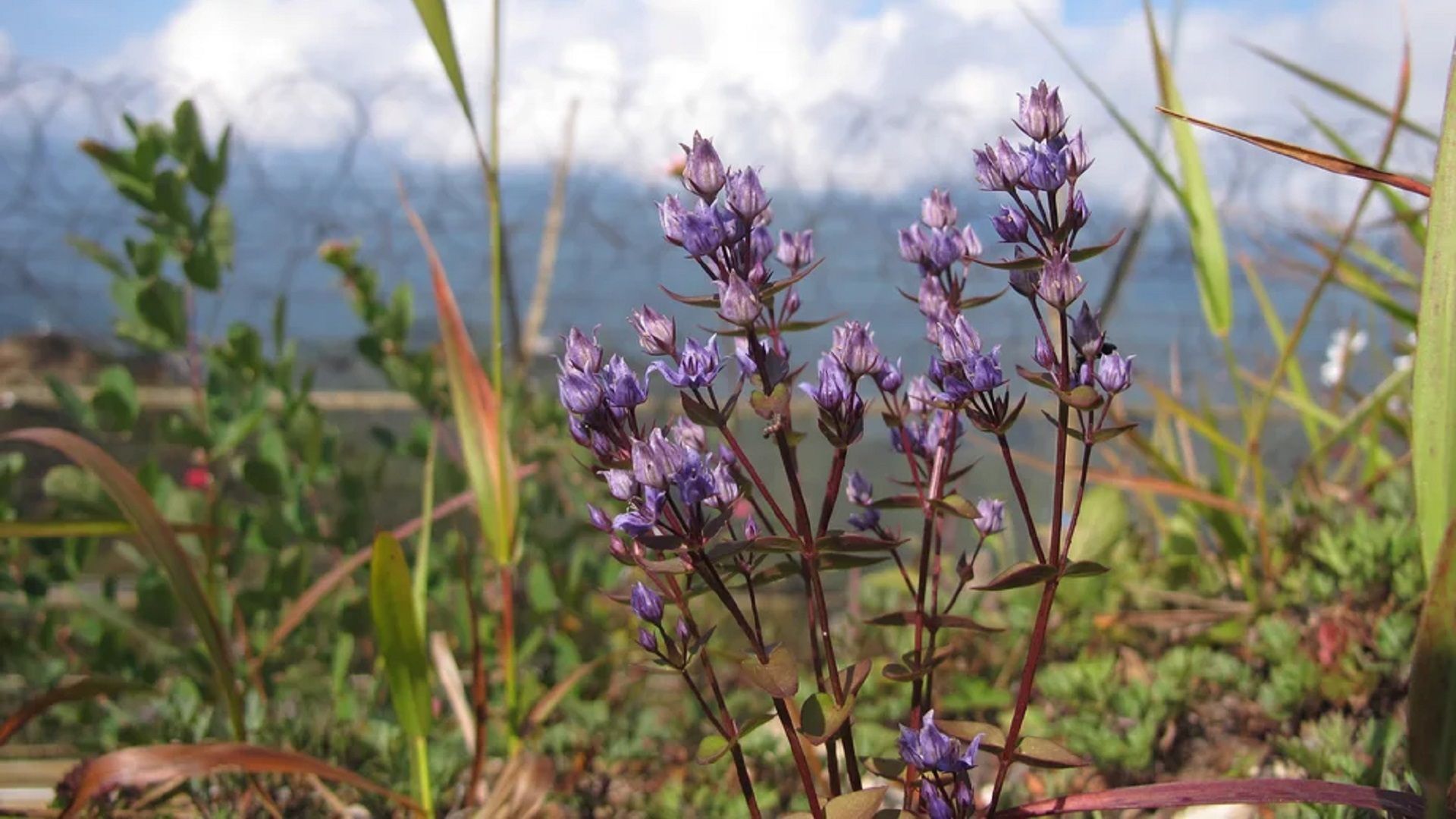
Korean Demilitarized Zone (DMZ) — a 250-kilometre-long and 4-kilometre-wide strip that separates the Korean Peninsula — can now be virtually viewed by anybody. How, you ask? Google released a 360-degree view of the area that till now was restricted for mostly all humans.
The images, which are part of an exhibit by Google Arts & Culture (GAC), will commemorate 70 years since the July 1953 armistice that saw North and South Korea withdraw from the DMZ. Using GAC’s Street View, 3D and other digital technologies, viewers can now virtually see the natural vistas of the place along with endangered wildlife that has thrived here, as well as the civilian control line — an area outside the DMZ where civilian activity is limited.
Virtually explore the Korean Demilitarized Zone with Google
About the exhibit

The exhibition by Google Art and Culture is the culmination of a three-year partnership between Google and nine South Korean research and cultural institutions, including the DMZ Museum, the War Memorial of Korea, the United Nations Peace Memorial Hall and the DMZ Botanic Garden. It is also supported by the South Korean Ministry of Patriots and Veterans Affairs.
The images were taken by Google only after seeking the South Korean military’s permission, as they feature places where major combat raged during the Korean War. These include an area that UN forces termed the “Punch Bowl” at the time.
Additionally, there are about 5,000 media and historical archive objects on display that were retrieved using digital reconstructions of state-level and other archival data.
Also, nearly 1,000 photographs of wildflowers from the Korean Demilitarized Zone Botanic Garden’s history are made available online for the first time, along with an immersive 3D look at five endangered creatures. Thanks to Google, the Korean Demilitarized Zone has never been easier to explore.
More about the DMZ

According to Kim Seung-ho, the head of DMZ Ecology Research Institute, “The DMZ region represents a sad history for the two Koreas. But it has been a rare haven for the many wildlife living there.’’
“The DMZ’s characteristics make it integral to South Korea’s botanical research. The region is home to roughly 1,800 plant species that represent around 40% of all plants found in the Korean Peninsula,” according to the Korea National Arboretum.
According to a 2021 ecological survey of the DMZ and its environs by South Korea’s Ministry of Environment, “There are 44 endangered species living in the DMZ, including red-crowned cranes, white-naped cranes, musk deer, otters and mountain goats known to reside or spend the winter only in the DMZ.”
The DMZ is home to almost 6,200 wildlife species, according to South Korea’s National Institute of Ecology.
Hero and featured image: Courtesy Screenshot/DMZ Punchball Trail/Google Arts and Culture
This story first appeared on Augustman India.
Priyanshi Agrawal
Travel, lifestyle, wellness, and finance writer, Priyanshi is somebody who gorges on self-help and mythology reads, follows fitness trends, and stalks some famous travellers. She has two years of experience working with travel, hospitality, and tech companies. Travelling acts as a spark in her relationship with writing.
Most Popular
Subscribe to our newsletter to get the latest updates.
You’re all set
Thank you for your subscription.

